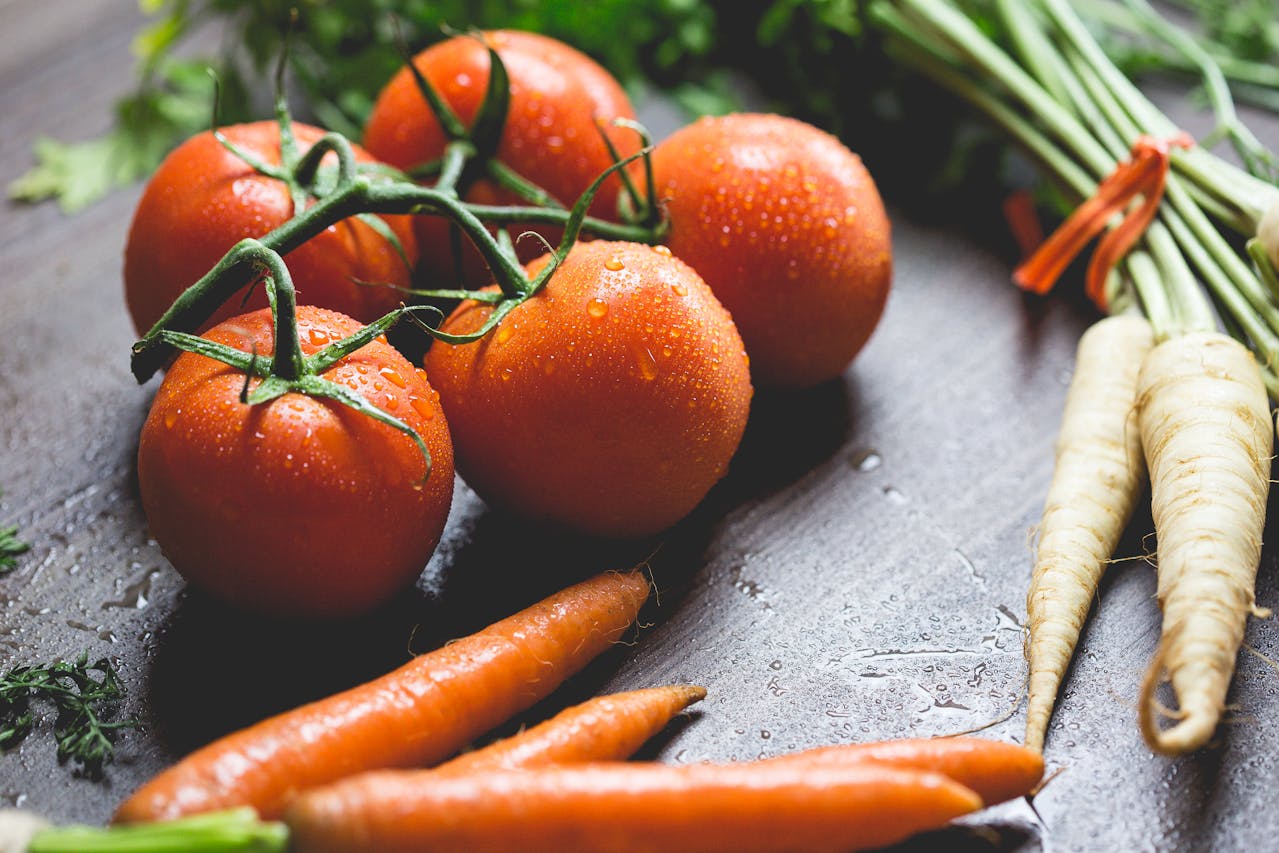For centuries, people across the globe have turned to nature for healing, using plants and herbs to treat a myriad of ailments. Today, with the rising prevalence of chronic conditions like kidney disease, the search for alternative and complementary therapies has led many to explore the potential of herbal medicine. While the idea of a natural remedy is compelling, the world of herbal medicine for kidney disease is a complex landscape of promise and peril.
This in-depth guide will delve into what the science says about using herbs to support kidney health, highlighting both the potential benefits and the critical safety considerations.
Understanding Kidney Disease and the Need for Caution
The kidneys are vital organs responsible for filtering waste from the blood, regulating blood pressure, and maintaining fluid balance. When kidney function declines, as in Chronic Kidney Disease (CKD), these processes are compromised. This leads to a buildup of toxins, electrolytes like potassium and phosphorus, and fluids in the body. The danger with self-treating any serious medical condition, especially kidney disease, is that what might be safe for a healthy person could be harmful to someone with impaired kidney function. Many herbs contain compounds that can affect blood pressure, fluid levels, and electrolyte balance, all of which are already tightly regulated by the kidneys. Furthermore, some herbs can be directly toxic to the kidneys, a condition known as nephrotoxicity. Therefore, the most crucial takeaway is this: Always consult with your doctor or a qualified healthcare professional before taking any herbal supplement, especially if you have kidney disease. This is not just a recommendation—it's a matter of safety.Herbs with Potential Benefits (and the Caveats)
While the research is still evolving, some herbs have shown promise in supporting kidney function, often due to their anti-inflammatory, antioxidant, and diuretic properties. These are often used as part of traditional medicine systems like Ayurveda and Traditional Chinese Medicine (TCM).- Astragalus (Huangqi): A cornerstone of TCM, Astragalus membranaceus has been extensively studied for its potential to protect kidney function. Research suggests it may have anti-inflammatory and anti-fibrotic effects, helping to slow the progression of kidney disease, particularly in conditions like diabetic nephropathy. It's often used in combination with other herbs.
- Turmeric (Curcumin): The active compound in turmeric, curcumin, is a potent anti-inflammatory and antioxidant agent. Some studies indicate that it may help reduce inflammation and oxidative stress in the kidneys, which are key drivers of kidney disease progression. However, high doses of turmeric supplements can increase the risk of kidney stones in some individuals, and it can also interact with certain medications. Using turmeric as a spice in cooking is generally considered safe.
- Ginger (Zingiber officinale): Like turmeric, ginger is known for its anti-inflammatory and antioxidant properties. It has been used traditionally to support various digestive and circulatory functions. Some animal studies suggest it may help protect the kidneys from damage, but more research is needed to confirm these effects in humans with kidney disease.
- Gokshura (Tribulus terrestris): Used in Ayurvedic medicine, gokshura is traditionally associated with urinary and kidney health. It's often used as a diuretic and to help with kidney stones. However, its use in advanced kidney disease requires extreme caution due to its potential to affect electrolyte levels.
The "Herbal Red Flag" List: Herbs to Avoid
Just as some herbs may offer benefits, others pose a significant risk to people with compromised kidneys. These are often on the "do not use" list for individuals with kidney disease due to their potential to cause harm.- Licorice Root: While a popular flavoring and remedy for digestive issues, licorice root contains glycyrrhizin, which can cause high blood pressure and low potassium levels—a dangerous combination for kidney patients.
- Stinging Nettle: Often recommended as a diuretic, stinging nettle can be a concern for kidney patients because diuretics can cause dangerous electrolyte imbalances and dehydration, especially in those with fluid management issues.
- Horsetail: Similar to stinging nettle, horsetail is a strong diuretic. It also contains thiaminase, an enzyme that can break down vitamin B1, and its use is not recommended for people with kidney disease.
- Starfruit: This seemingly innocuous fruit contains a potent neurotoxin that is normally filtered out by healthy kidneys. For people with kidney disease, this toxin can build up in the body and cause "starfruit intoxication," a serious condition with symptoms ranging from hiccups and confusion to seizures and even death.
The Importance of a Holistic Approach
It's important to remember that herbal medicine is not a magic bullet. It should not replace conventional medical treatment and is most effective when used as part of a comprehensive, holistic approach to kidney health. This includes:- Dietary Management: Following a kidney-friendly diet low in sodium, phosphorus, and potassium, as recommended by a registered dietitian.
- Hydration: Drinking an appropriate amount of water, as advised by your doctor.
- Medication Adherence: Taking prescribed medications exactly as directed by your physician.
- Lifestyle Changes: Managing blood pressure and blood sugar, exercising regularly, and quitting smoking.
Are you tired of living under the shadow of kidney disease? Are you yearning for a life free from the shackles of dialysis, kidney failure, and the looming threat of kidney transplants? If so, you're in the right place at the right time. Imagine waking up every morning with boundless energy, feeling rejuvenated and ready to take on the day. Envision a life where your kidneys are functioning optimally, and you no longer dread the burdensome routines of dialysis sessions. The Kidney Disease Solution Program is here to turn that vision into reality for you.


